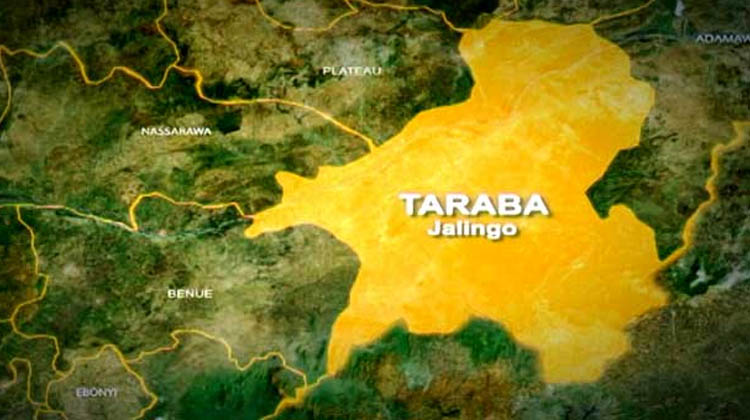The Pharmacy Council of Nigeria (PCN) has sealed 443 pharmaceutical outlets in Taraba State following a sweeping enforcement operation. Speaking at a media briefing in Jalingo, Mr. Sulaiman Chiroma, Head of Enforcement, confirmed that the closure involved 43 pharmacies and 395 patent medicine stores across 11 Local Government Areas .
The enforcement squad, which visited 656 premises, uncovered a series of grave violations. Among the most serious were unauthorized clinical activities at some outlets, operations without renewing vital registrations, stocking controlled or unlisted drugs, retailing by wholesalers-only licensed businesses, and employing inadequately trained apprentices.
Mr. Chiroma issued a stern warning to residents, highlighting the dangers of sourcing medications from unregulated or unlicensed providers. He emphasized the importance of purchasing drugs only from establishments that visibly display current PCN licenses. He also urged citizens to report unlicensed operators to the PCN office in Jalingo.
Reinforcing the message, Mr. Aodoaseer Gwar of the PCN’s Northeast Zonal Office in Bauchi stressed that legitimate pharmacies are expected to uphold professional and ethical practices. He noted that the council will not tolerate quackery or standards violations in the health sector.
This latest action follows a history of high-volume crackdowns by the PCN in the region. For instance, in April 2022, 378 premises were sealed across Taraba, including 34 pharmacies and 344 medicine stores during a previous drive. That operation also resulted in compliance directives addressing unhygienic conditions, poor documentation, and unauthorized pharmacy-based clinical services.

In November 2018, another enforcement phase shut 358 outlets and issued corrective orders to 16 others. Health authorities raised concerns about operators lacking basic qualifications and documentation some were even reportedly illiterate thus presenting serious public health hazards.
A key trend emerging from these crackdowns is the proliferation of illegal medicine vendors and wholesalers selling beyond their authorized scope, often without proper storage, licensing, or ethical oversight. These factors increase the risks of substandard medicines, misuse of prescription drugs, and the spread of resistant infections.
Mr. Chiroma revealed that some outlets had already taken steps to correct violations such as upgrading storage facilities and securing pharmacist supervision in response to previous PCN actions. However, others have breached seals or refused compliance, prompting potential legal prosecution.
The PCN reiterated its commitment to ensuring that medication distribution across Taraba meets rigorous national standards. It called on the public to remain vigilant and to always patronize registered pharmacies or patent medicine vendors. The agency made clear that its enforcement and monitoring efforts will continue unabated to safeguard public health and uphold professional integrity in pharmaceutical practice




